Donald Trump’s list of targets revealed by his selection of Kash Patel to lead the FBI
Amid the justified outrage over Joe Biden’s choice to pardon his own son, this week, a telling decision by Donald Trump went almost unnoticed.
Analysis
Somewhat lost in the righteous (and entirely justified) palava over Joe Biden’s decision to pardon his own son, earlier this week, was Donald Trump’s announcement of his pick to head up the Federal Bureau of Investigation.
Kash Patel, a former prosecutor, would sound like a perfectly reasonable choice to oversee a major law enforcement agency if you ended his biography there. That would, however, require a degree of wilful and convenient ignorance.
Mr Patel is someone we could, in a spirit of politeness, call an interesting character. Casting said politeness aside, we might call him a serial fantasist.
This is a person who claims to share a bond with Mr Trump because they’re both from Queens, in New York (Kash Patel is not from Queens). Who says he led the prosecution team, within America’s Department of Justice, dealing with the fallout from the Benghazi attack (Kash Patel did not lead that team). We could keep going for some time, here.
He’s the sort of person who lies when it benefits him, and also lies when it serves no apparent purpose at all. An intriguing choice, then, to preside over the FBI.
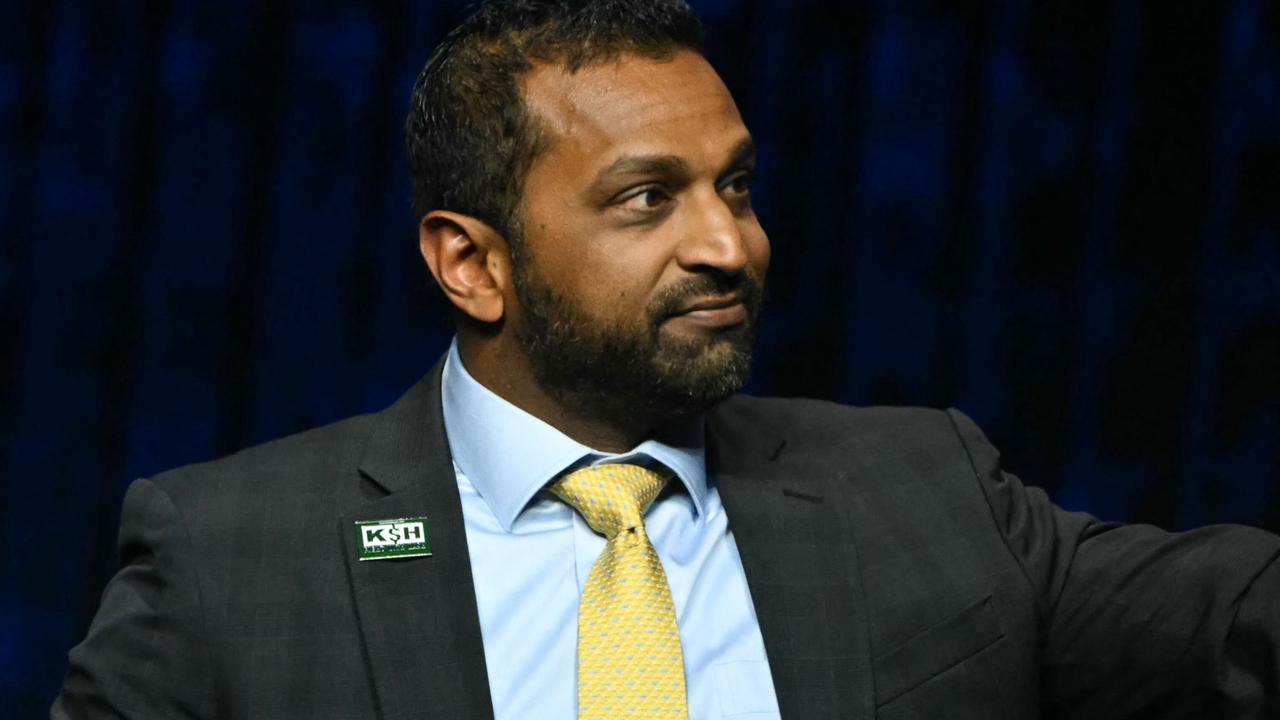
MORE: Ivanka reveals ‘hurtful toll’ behind Trump snub
There was a particularly stupid moment, in my younger years, when I dreaded showing my parents a school report. I’d got a terrible grade in some vaguely pointless subject – technical drawing, I think – and that came in addition to the usual comments from teachers about unfulfilled potential, incomplete homework, unproductive flirting and whatnot.
I hid the report in a nice little forestry area near my house, and hoped ... I dunno. That my parents would forget there was ever meant to be a report in the first place? It really wasn’t a great plan. It rained, the report ended up soaked, and yada yada yada I got in big trouble.
Kash Patel is that whole, sorry saga personified, a human amalgamation of self-serving but ultimately counter-productive dishonesty. And yet we must give him credit. His cynicism and shamelessness have earned him one of the most prestigious roles in the US government, assuming Mr Trump follows through on his intention to fire the current FBI director, Christopher Wray (whom he also appointed, but has since decided is bad).
This is how Mr Trump operates. He brags about hiring “the best people”. Then he hires someone, whom he praises to high heaven. Then the hiree does something to upset him, most likely by upholding some norm Mr Trump finds inconvenient. And then he decides the hiree was, in fact, always terrible and incompetent. Of course of the blame for these repeating debacles never lies with Mr Trump himself; his judgment is obviously unimpeachable.
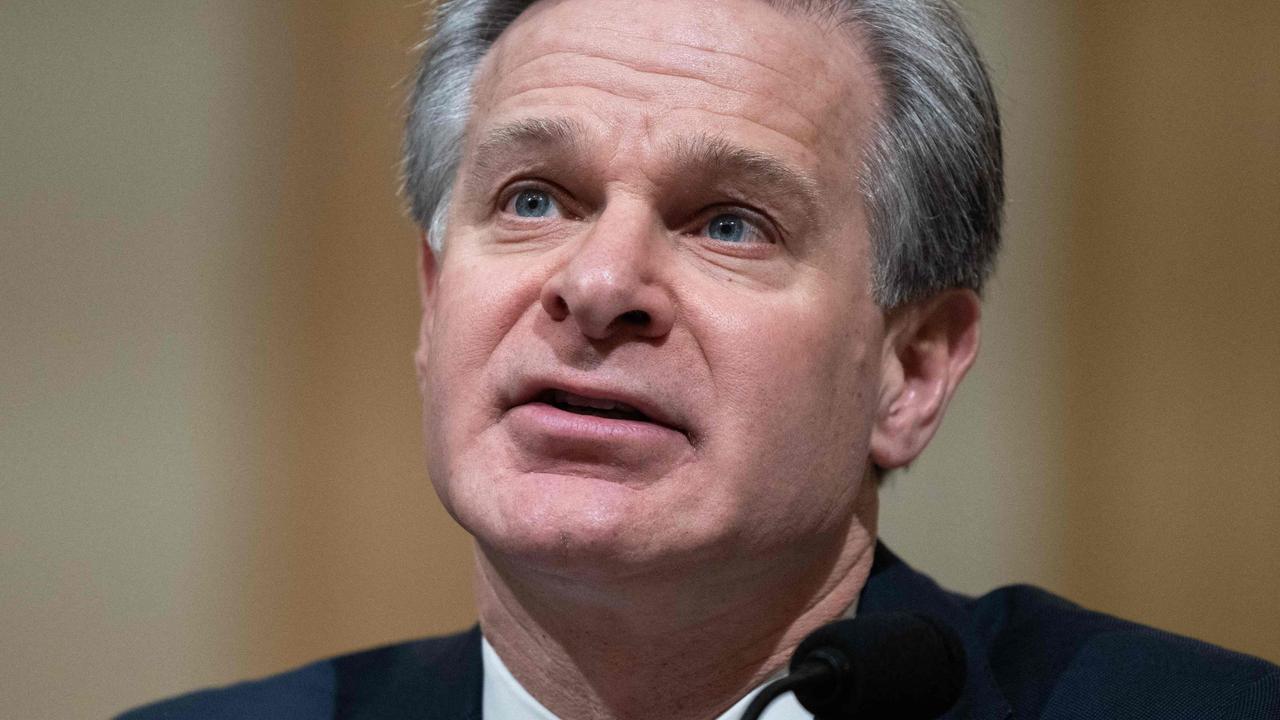
Back to Mr Patel. Here we have an assessment of him from Charles Kupperman, who was appointed, again by Mr Trump, to the fairly senior role of deputy national security adviser late in the President-elect’s first term.
“He’s absolutely unqualified for this job. He’s untrustworthy. It’s an absolute disgrace to American citizens to even consider an individual of this nature.”
Gina Haspel, who headed the CIA during part of Mr Trump’s term in office (he chose her, too, if you’re wondering), was so disgusted by a push to make Mr Patel her deputy that she threatened to resign.
You can glean my point here. This is a guy so manifestly unsuitable for a position of responsibility that many of Mr Trump’s own appointees, hardly left-wing deep state plants, or whatever the hell we’re meant to characterise Mr Trump’s political opponents as these days, have nothing good to say about him.
And he shall, in Mr Trump’s second term, be head of the FBI. This is what happens when loyalty, and sycophancy, and a willingness to say whatever nonsense best serves Mr Trump’s purposes on TV, become more important than competence.
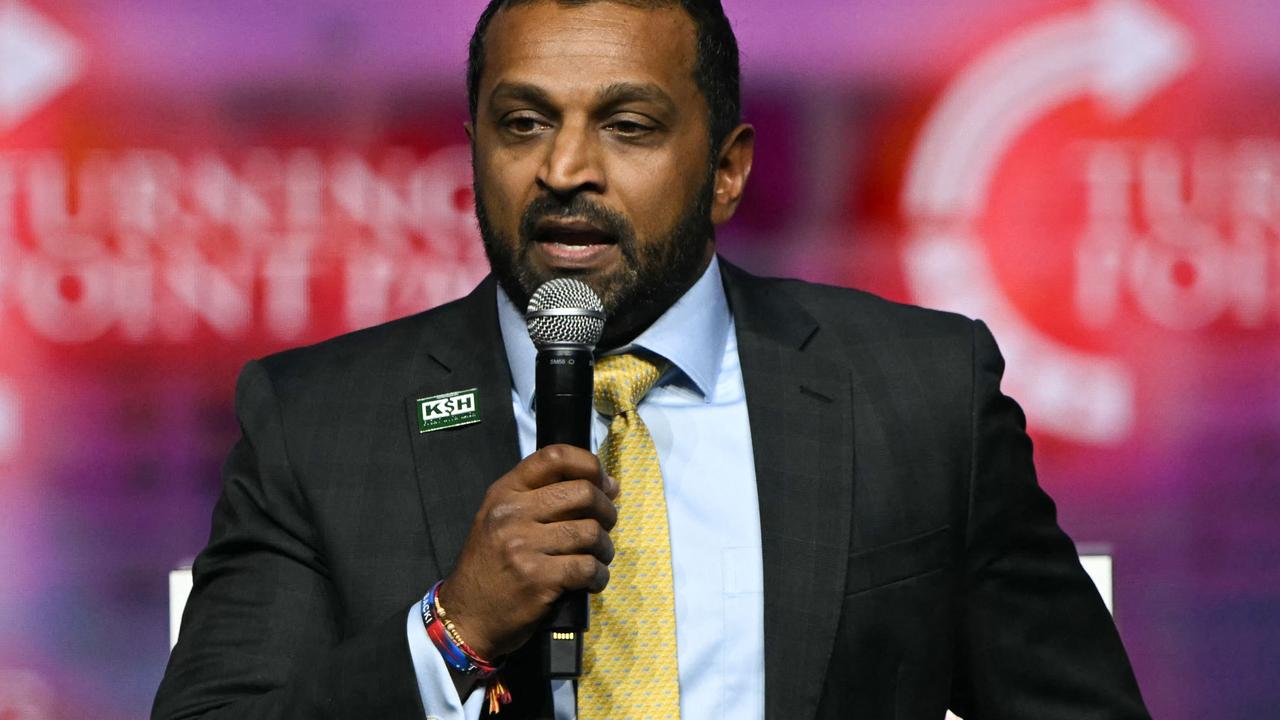
What sort of FBI director are we left to deal with, then? One whose stated goals include a desire to punish Mr Trump’s political enemies. Mr Patel did, quite helpfully, include a list of those enemies in a recent book of his, called Government Gangsters. Having read the thing, I really don’t recommend it, unless you’re oddly invested in Mr Patel’s career ambitions.
The book’s cover is a photo of Mr Patel walking away from a presidential helicopter, without looking back, and with sunglasses on. Like the Jason Statham of alt-right podcast bros. We’re, I think, supposed to consider him cool.
Anyway, the book’s appendices encompass a catalogue of “members of the executive branch deep state”, a list Mr Patel stresses is “not exhaustive”. It does not, for example, include “the entire fake news mafia press corps”.
Imagine The Sopranos, but instead of real criminals the protagonists are journalists writing tiresome articles about insider politics, and you get the idea. What a disgrace they are. Tut tut. Enemies of the state. Etc etc.
America’s executive branch is the White House and the federal agencies it controls; Congress and the Supreme Court are separate branches of the nation’s government.
So Justice Ketanji Brown Jackson, or whatever other progressive you might pick from the non-executive branches, need not worry about Mr Patel’s hit list.
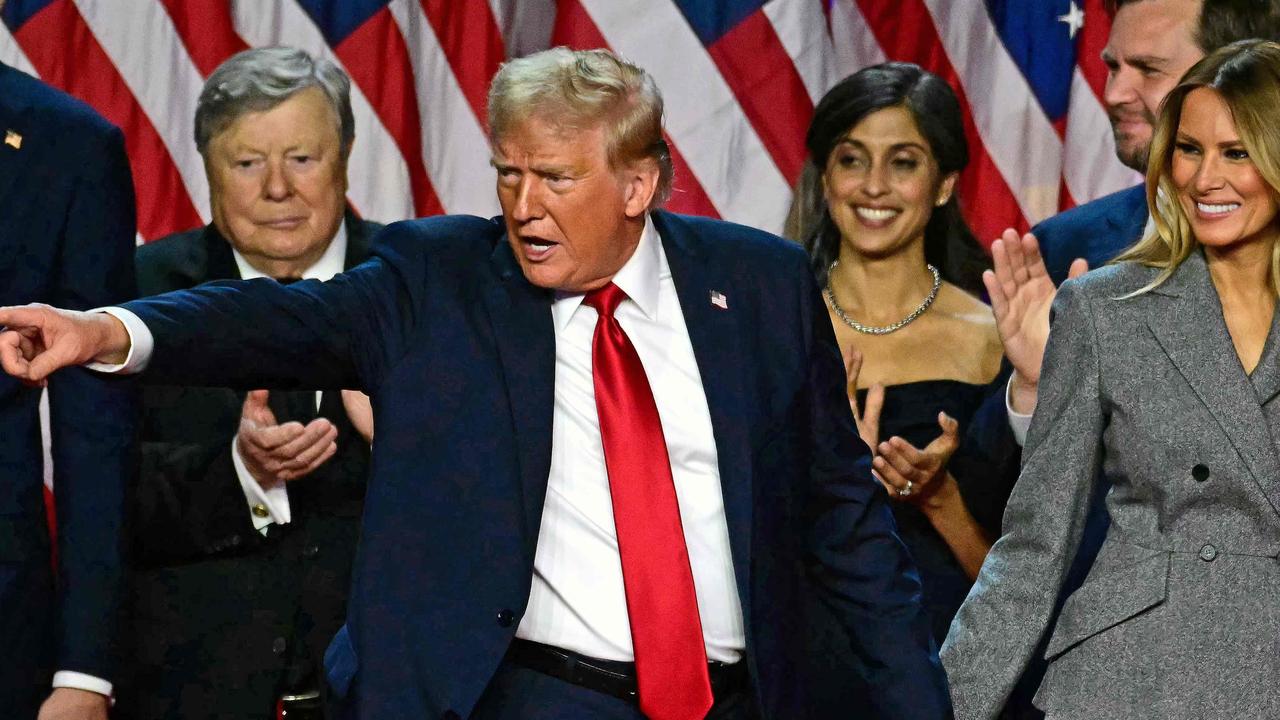
Here, however, are some people who apparently should worry. They fall into two broad categories: prominent Democrats (duh), and prominent Republicans who have criticised Mr Trump, or otherwise thwarted him. Bonus points added if they have testified against him under oath in some sort of legal or congressional proceeding – that’s a big, big no no.
We’re going to go in alphabetical order (note that I’m skipping most of the names in question, here. Otherwise we’d be here all damn day).
Lloyd Austin. The current American Defence Secretary. A top US Army general who previously served as the head of United States Central Command. This man is, as I’m sure you’ll agree, an anti-American deep-state villain.
Bill Barr. Mr Trump’s second attorney-general. He followed on from Jeff Sessions, who ran afoul of the then-president’s mood by recusing himself from overseeing a Justice Department investigation into Russia’s election interference.
Mr Barr, a lifelong conservative, was also attorney-general under the Republican president George H.W. Bush, but revealed himself to be a lefty shill by stating that no evidence had been found to support Mr Trump’s claims about widespread election fraud in 2020.
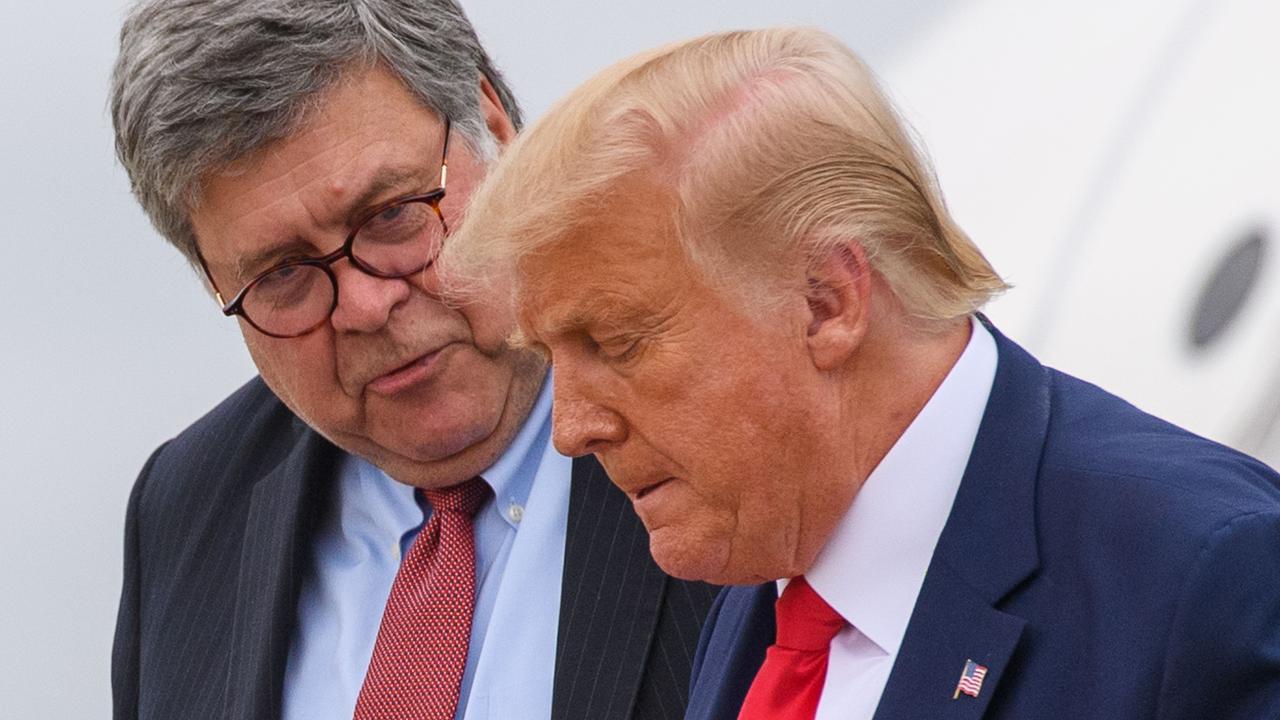
John Bolton. Mr Trump’s national security adviser in the White House during much of his first term. A notorious foreign policy hawk, which is a polite way of saying he seems to really like American military intervention overseas. Became a pariah, among Republicans, when he decided Mr Trump only cared about himself and was “unfit” to be president.
Joe Biden. I presume there’s no need to elaborate.
John Brennan. A former director of the CIA, and a vocal critic of Mr Trump. His remarks about the President-elect include a prediction that he will become “a disgraced demagogue in the dustbin of history”. Mr Trump responded to that by calling Mr Brennan a “total lowlife”. They don’t think much of each other.
Pat Cipollone. Mr Trump’s White House counsel, i.e. his top legal adviser, for most of the then-president’s first term. Like Mr Barr, Mr Cipollone became a hated enemy of the MAGA movement when he contradicted Mr Trump’s baseless claims about election fraud.
James Clapper. A former director of national intelligence, the role that oversees all of America’s intelligence agencies, and liaises with the president.
Mr Clapper is among Mr Trump’s fiercer critics from the intelligence community, and has made allegations – unsupported by any solid evidence, I should stress – that Mr Trump is a Russian ”asset”.
Hillary Clinton, of “lock her up” fame. Again, no real need to explain, here.
Goodness, we’re still only at C. I’ll try to speed this up.
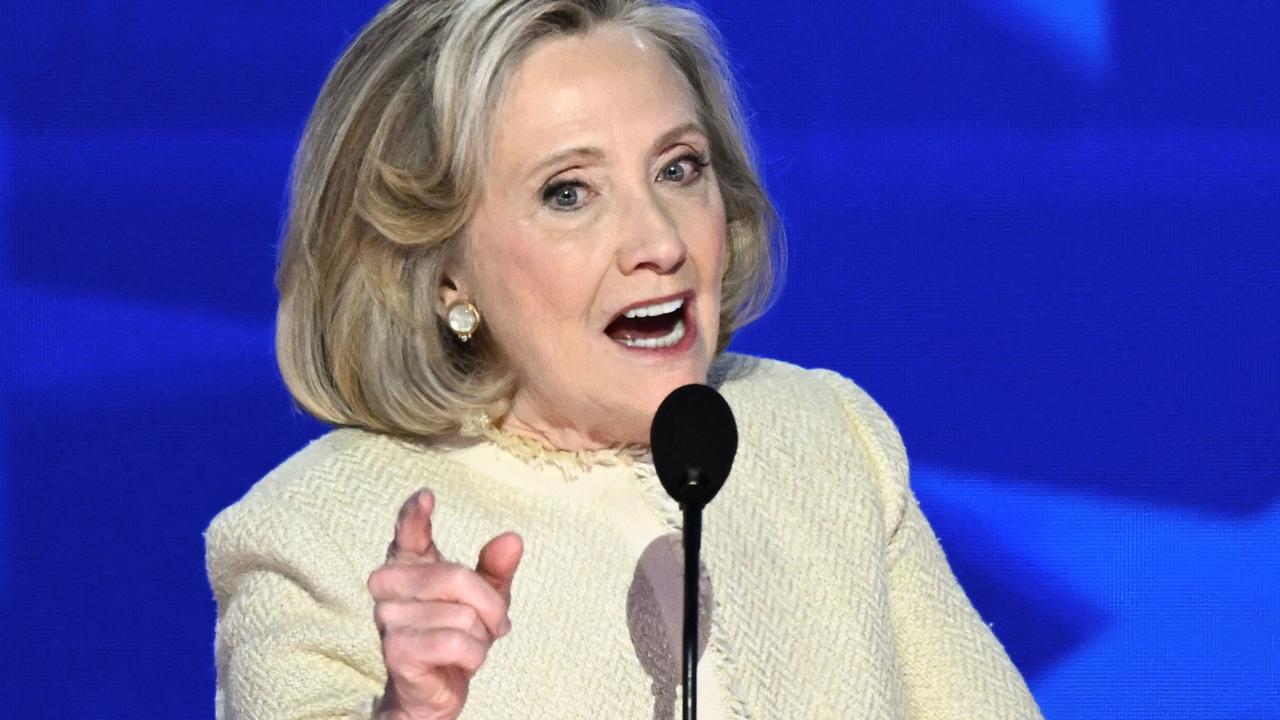
Mark Esper. Mr Trump’s defence secretary. Wasn’t a fan of Mr Trump’s idea to use the military against American protesters, or indeed the then-president’s suggestion to shoot said protesters. Only in the leg, mind you!
Alyssa Farah Griffin. Mr Trump’s director of communications in the White House, albeit only for a few months, and before that press secretary to vice president Mike Pence. Ms Griffin has since become a vocal critic of Mr Trump. One might be forgiven for thinking there is a degree of cynicism involved.
Merrick Garland. The current US attorney-general. Mr Garland would have approved the prosecutions of Mr Trump for retaining sensitive government documents after leaving office, and for his alleged role in fomenting the insurrection on January 6, 2021.
Stephanie Grisham. She served as Mr Trump’s White House press secretary, and before that as Melania Trump’s chief of staff. Yet another former Trump staffer who has become a critic.
Kamala Harris. I need not elaborate.
Gina Haspel. One of Mr Trump’s CIA directors. I’m honestly not sure what Ms Haspel is supposed to have done to end up on Mr Patel’s list, but one man can only read so much.
Fiona Hill. A former staffer on the US national security council, with a specialisation in Russian affairs. She has been an advocate for aiding Ukraine in its efforts to repel Vladimir Putin’s invasion. This has somehow become a bad thing, in much of Trump-world.
Eric Holder. Barack Obama’s attorney-general.
Cassidy Hutchinson. An aide to one of Mr Trump’s White House chiefs of staff, Mark Meadows, who agreed to testify about what she witnessed in that job. And the things she witnessed were not flattering.
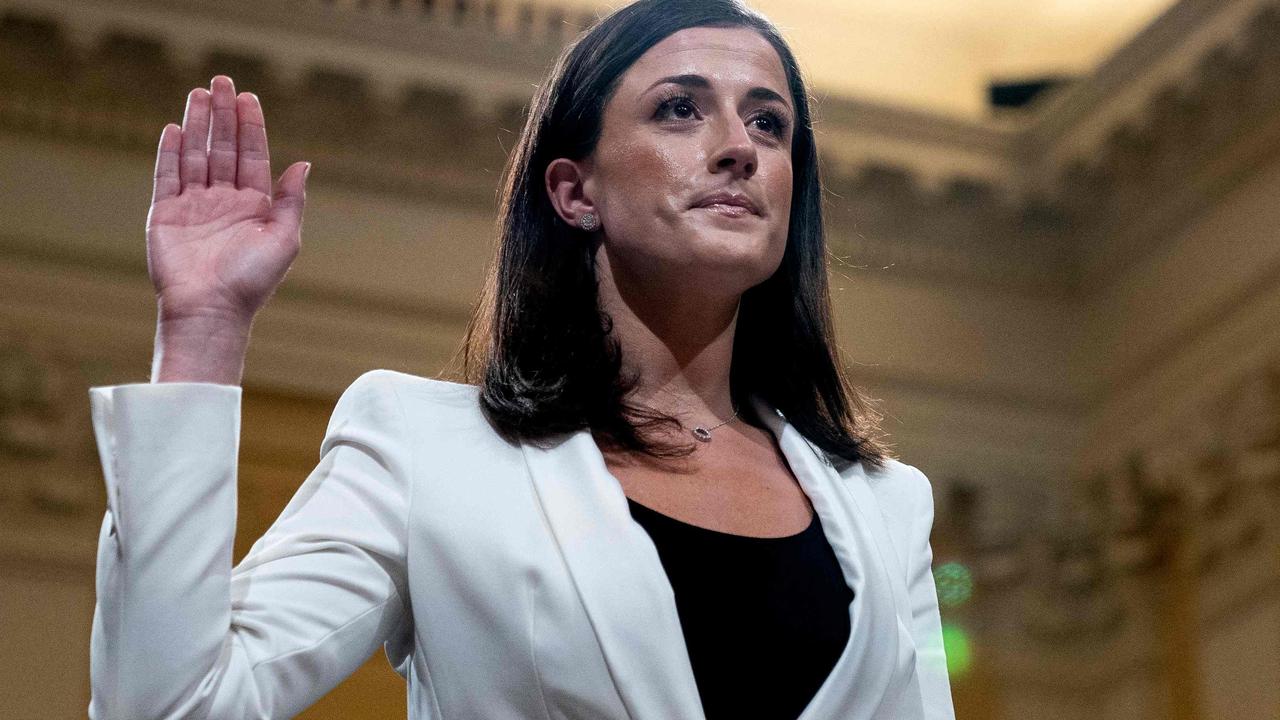
Mark Milley. Chairman of the joint chiefs of staff – America’s most senior military officer. That’s a role he held under both Mr Trump and Mr Biden. Like Mr Esper, Gen Milley ran afoul of Mr Trump when he refused to condone the use of America’s military against protesters. His remarks since, suggesting Mr Trump is a “fascist”, have not helped.
Robert Mueller. A former director of the FBI who was appointed by Rod Rosenstein, Mr Trump’s (Republican) deputy attorney-general, to investigate Russian election interference. His investigation led to several prosecutions and guilty pleas, though Mr Trump and his supporters mostly focus on Mr Mueller ultimately declining to allege any “collusion” between Mr Trump’s campaign and Russia.
The suggestion, here, is that the entire investigation was a “hoax” designed to unfairly malign Mr Trump, despite its prosecution of multiple criminal actors. Make of that what you will.
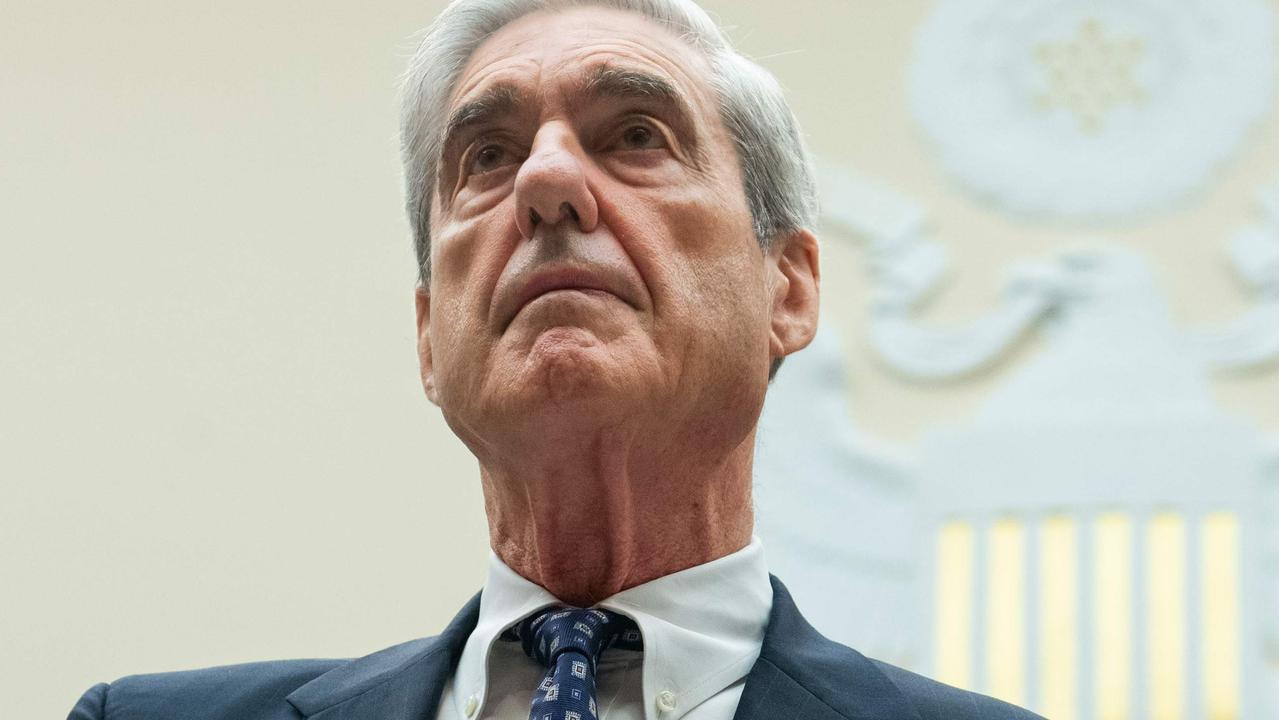
John Podesta. Chairman of Ms Clinton’s presidential campaign in 2016. That’s about it.
Samantha Power and Susan Rice. The former was ambassador to the United Nations under Barack Obama; the latter was national security adviser. I’m not sure what either of them did to warrant retribution, but there you go.
Rod Rosenstein. We already mentioned this guy; he was the person who set up the Mueller investigation. A Republican, who was in that position because another Republican had recused himself, appointed yet another Republican to investigate the matter. This was apparently an unforgivably partisan, anti-Trump crime. Or so Mr Patel would argue.
Alexander Vindman. This is the person who testified about Mr Trump’s phone call with Ukrainian President Volodymyr Zelensky, which led to the then-president’s first impeachment. Mr Trump was withholding congressionally approved military aid, to Ukraine, to pressure Mr Zelensky into announcing an investigation of his chief political opponent, Mr Biden.
Christopher Wray. The current FBI director, appointed by Mr Trump. Apparently he has been insufficiently loyal.
That will do, though we could have gone through more names. It’s instructive, I think, that Mr Trump wants to appoint an FBI director with a list of political targets.
We’ll soon see where that goes. Will Mr Patel prove to be more of a barker than a biter? Or will Mr Trump actually try to wield the American law enforcement system against those who have criticised him?




